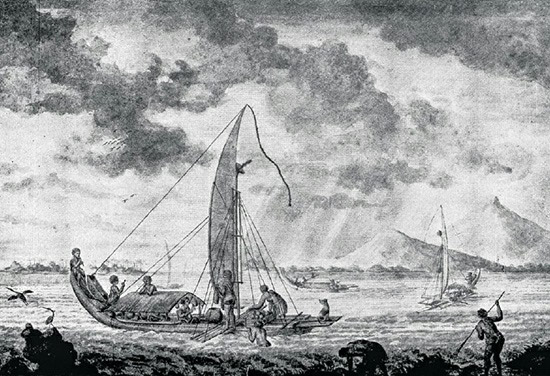The Polynesian diaspora, a significant event in human migration history, occurred over 5,000 years as people from Southeast Asia dispersed across the vast expanse of the South Pacific. This extraordinary journey involved skilled navigators, sailors, and shipbuilders from areas near present-day Taiwan and Indonesia, first moving into Melanesia and then into Micronesia. Over centuries, these intrepid voyagers reached the far-flung corners of the Polynesian triangle, encompassing New Zealand, Hawaii, and Easter Island, with the most easterly settlements established between 700 and 1200.
These migrations were not mere chance explorations but rather well-planned expeditions, often involving large groups, indicating a high level of societal organization and logistical planning. The flourishing of trade routes and occasional conflicts within and between island groups further underscores the complexity of these island societies. However, the arrival of Western explorers and colonial powers from the eighteenth century onwards severely impacted the indigenous political structures and cultural landscapes of these islands.
Today, the descendants of these early Polynesian navigators endeavor to preserve their rich cultural and sociological heritage. They face challenges in maintaining their traditions and economic sustainability in a rapidly globalizing world. The Polynesian diaspora remains a remarkable testament to human resilience, adaptability, and the quest for exploration.

